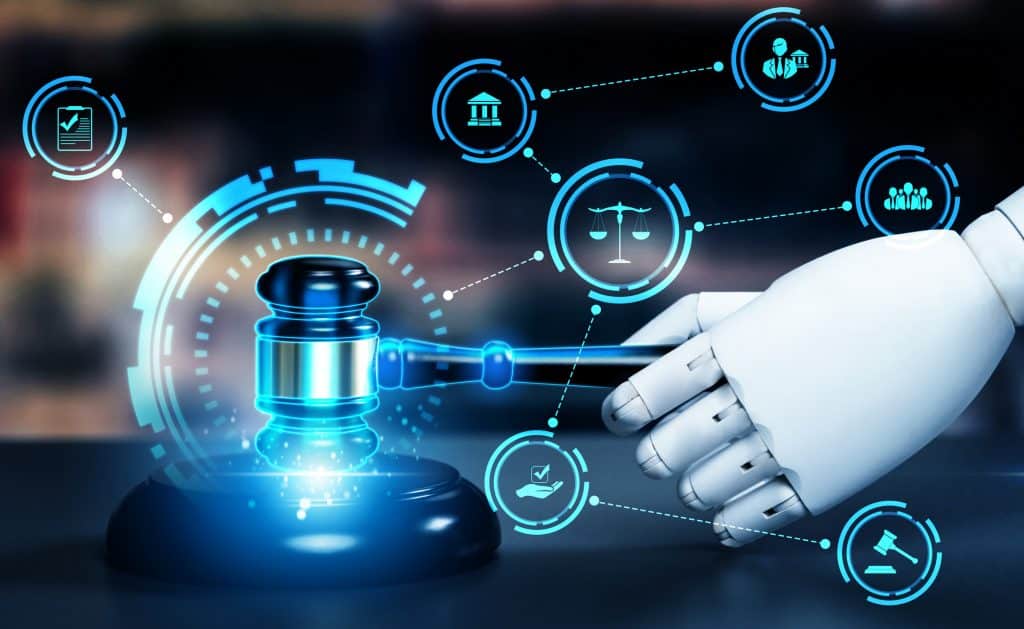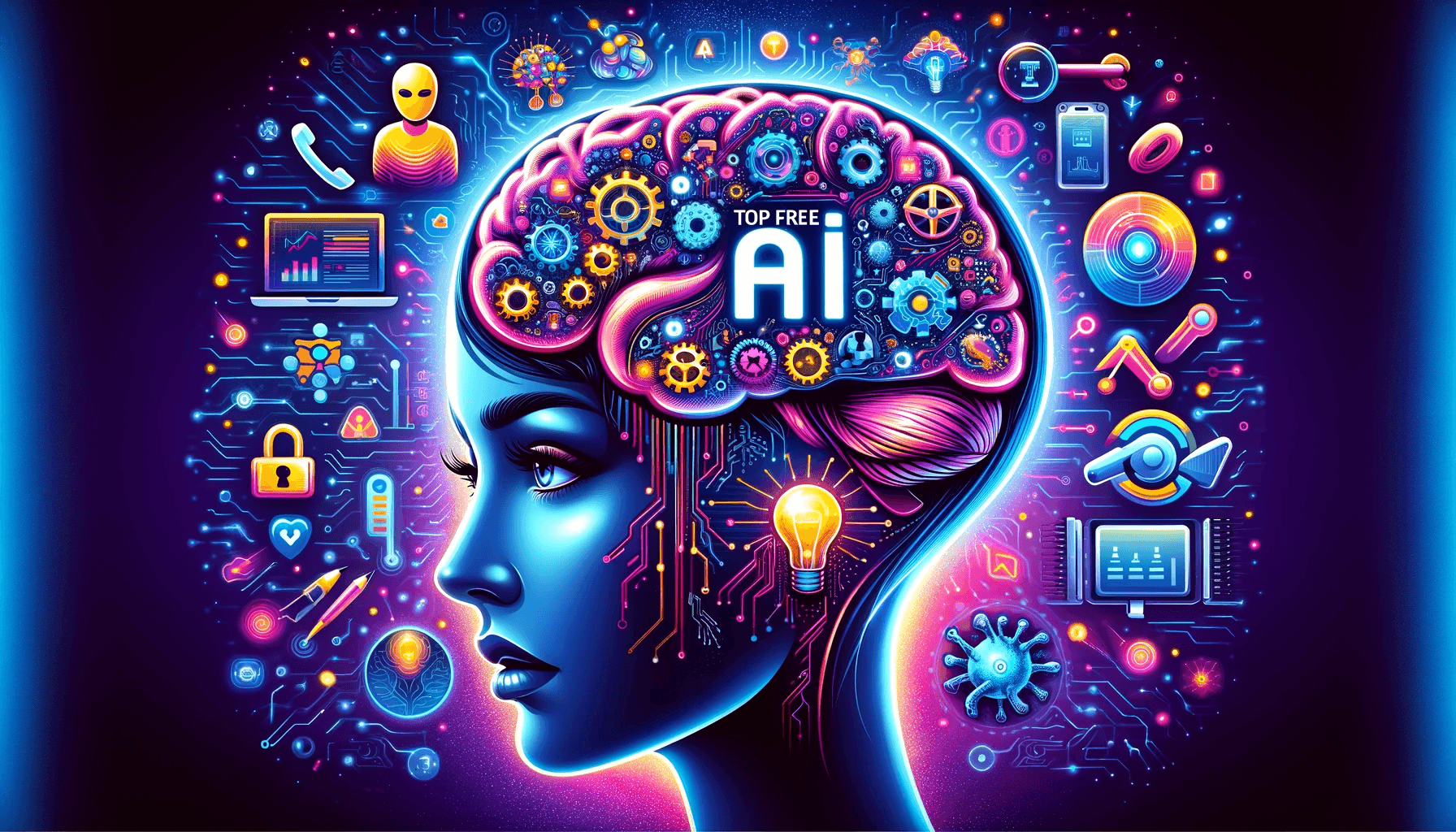Artificial Intelligence (AI) is rapidly transforming the legal industry, introducing new efficiencies, enhancing decision-making, and reshaping traditional legal practices. Understanding these innovations is essential as AI continues to redefine how legal services are delivered and consumed.
How is AI Innovating the Legal Sector?
AI in law involves using machine learning, natural language processing, and predictive analytics to assist with legal research, contract analysis, case prediction, and more. These technologies enable law firms, corporations, and courts to process complex information faster and more accurately.
Key Innovations in AI and Law
Legal Research Automation
AI-powered tools can analyze vast amounts of legal documents, statutes, and case law in seconds. This significantly reduces the time spent on research while improving accuracy and relevance. Platforms like ROSS Intelligence and Westlaw Edge leverage AI to provide faster, smarter legal search results.
Predictive Analytics for Case Outcomes
AI systems can assess previous case data to predict the likely outcomes of ongoing legal proceedings. This helps lawyers and clients make more informed decisions about settlement strategies, litigation risks, and resource allocation.
AI-Driven Contract Analysis
AI tools can automatically review, draft, and analyze contracts, identifying potential risks, missing clauses, or unfavorable terms. This streamlines due diligence, compliance checks, and contract lifecycle management, saving time and reducing human error.
E-Discovery and Document Review
AI is revolutionizing the discovery process by quickly scanning and categorizing large volumes of documents to identify relevant evidence. Tools like Relativity use AI to prioritize and highlight critical files, improving efficiency and accuracy in litigation preparation.
Virtual Legal Assistants
AI-powered chatbots and virtual assistants can handle routine client inquiries, schedule appointments, and provide preliminary legal information. This enhances client engagement and allows legal professionals to focus on more complex tasks.
AI in Legal Analytics
By analyzing trends, court behaviors, and judge decisions, AI-powered legal analytics tools provide valuable insights into case strategy, opposing counsel tendencies, and jurisdictional patterns.
Compliance and Risk Management
AI solutions assist in monitoring regulatory changes, ensuring timely compliance, and detecting fraudulent activities. This proactive approach helps organizations mitigate risks and avoid costly penalties.
Ethical and Regulatory Considerations
As AI takes on a more prominent role in legal services, it raises important considerations:
- Transparency: AI decisions must be explainable, especially in sensitive legal contexts.
- Bias and Fairness: AI models trained on historical data can unintentionally perpetuate biases, impacting legal outcomes.
- Data Privacy: Handling sensitive client data requires strict adherence to privacy and security standards.
Conclusion
AI is driving groundbreaking innovations in the legal industry, offering faster, more efficient, and data-driven solutions to age-old challenges. While the potential benefits are immense, balancing technological advancements with ethical responsibility, regulatory compliance, and human judgment is essential for the sustainable growth of AI in law.







Leave feedback about this